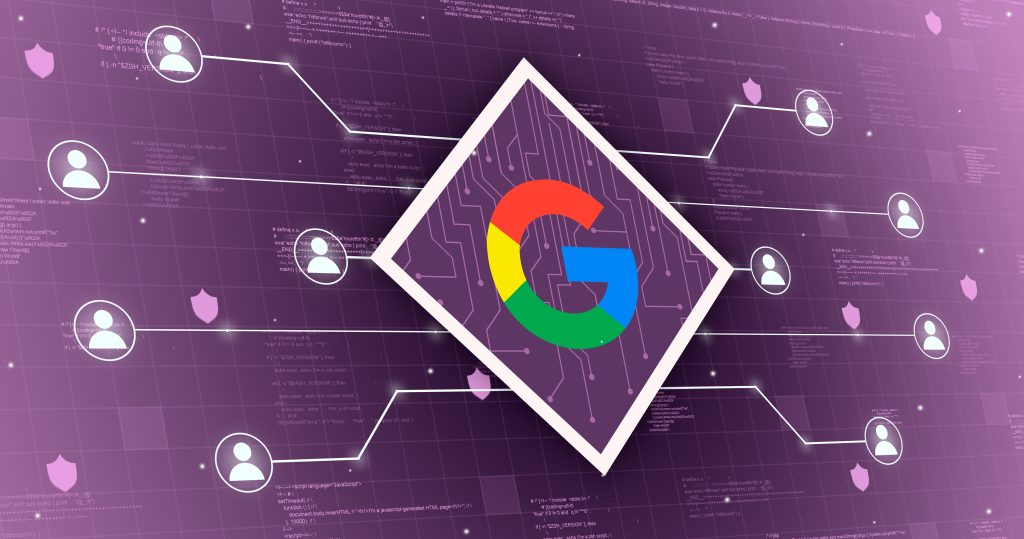Google claims data-scraping lawsuit threatens generative AI advancement
Google claims that the complaint fails to address any core issues, particularly how the company could have abused the plaintiffs by using their content. This case is part of a wider string of legal cases facing tech companies over generative AI, including several pending US lawsuits.

Google has asked a California federal court to dismiss a class action lawsuit that claims the company’s scraping of data to train generative AI systems infringes millions of people’s privacy and property rights.
Google’s argument is that using available public data is essential to training systems like its own Bard, adding that the lawsuit would ‘take a sledgehammer not just to Google’s services but to the very idea of generative AI.’ In July, eight individuals filed a case in San Francisco accusing Google of illegally using content from social media and Google platforms to train AI, including photos on dating websites, Spotify playlists, and TikTok videos.
In a statement on Tuesday, Google general counsel Halimah DeLaine Prado argued that the lawsuit was ‘baseless’ and that US law ‘supports using public information to create beneficial uses.’ Google added that ‘using publicly available information to learn is not stealing’ and that it cannot be considered a copyright infringement, invasion of privacy, negligence, or unfair competition.
Why does it matter?
Google claims that the complaint fails to address any core issues, particularly how the company could have abused the plaintiffs by using their content. This case is part of a wider string of legal cases facing tech companies over generative AI, including several pending US lawsuits.
Since these models use massive amounts of data from the internet for training, most cases revolve around the misuse of content without approval, including personal information, books, and visual art.
Mounting legal issues could hinder the development and adoption of the technology, not just for Google but across the industry. The outcomes of these early generative AI cases are still unclear, but preliminary indications suggest that courts are approaching generative AI claims with a healthy level of scepticism.
